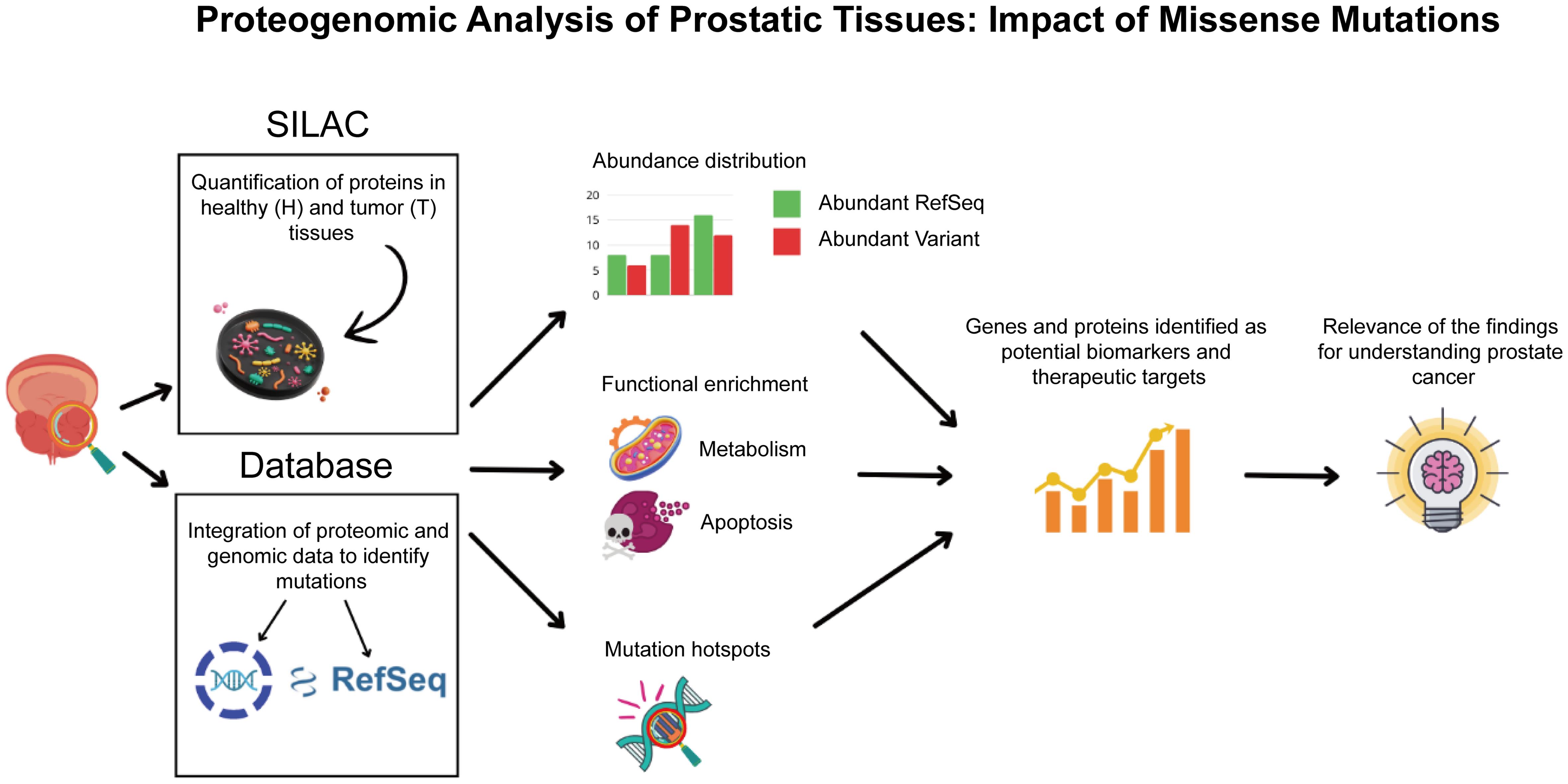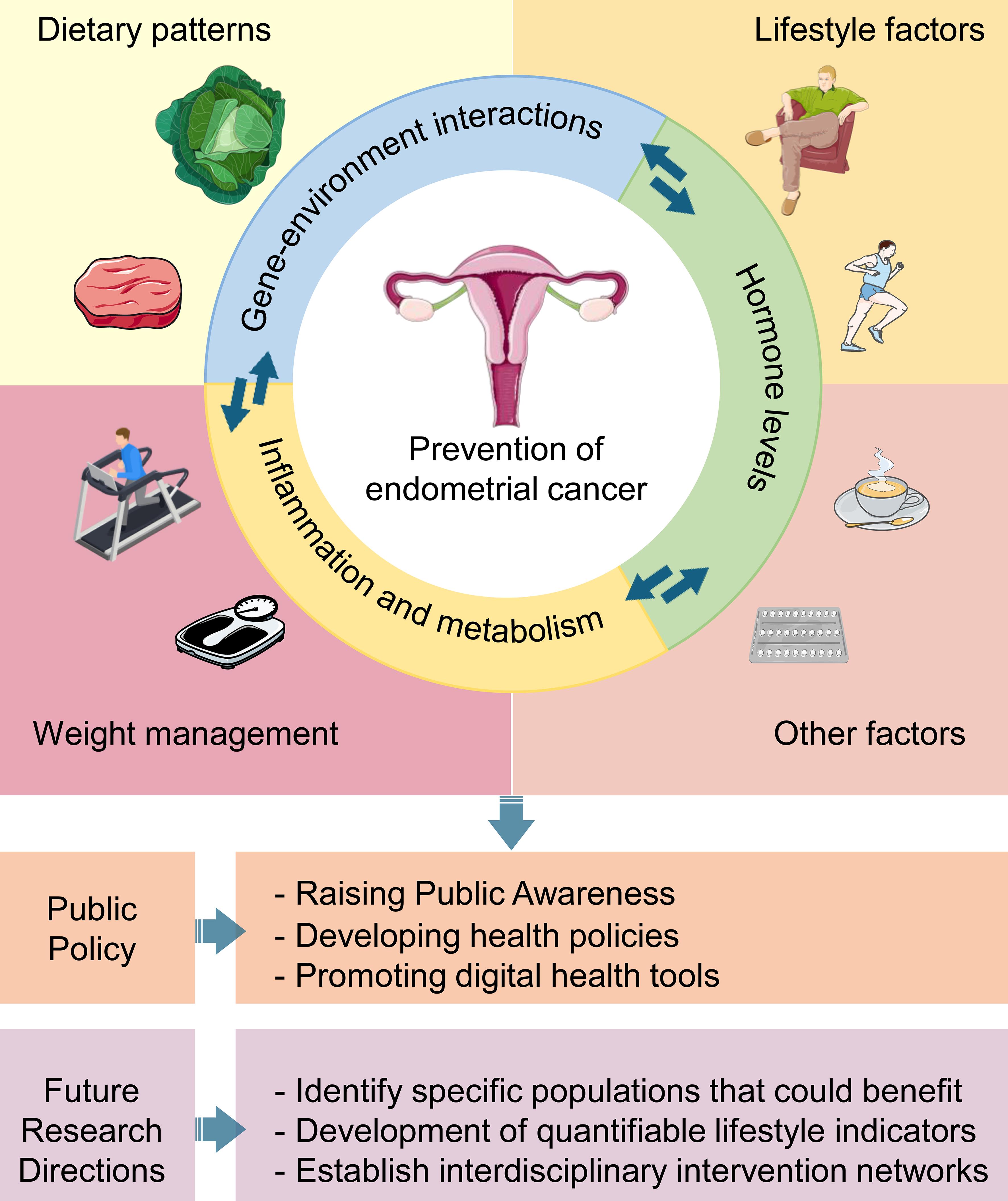Cancer prevention is a cornerstone of public health, offering immense potential to reduce the global burden of cancer. Over the years, significant progress has been made in understanding the underlying mechanisms of cancer development, identifying risk factors, and developing effective prevention strategies. This special issue focuses on the latest advances, challenges, and future directions in cancer prevention, addressing a wide range of topics from early detection to lifestyle interventions.
Chemoprevention, involving the use of pharmacological agents to inhibit cancer development, continues to show promise in reducing the incidence of high-risk cancers. Meanwhile, natural products and traditional medicine, either as standalone therapies or in combination with other approaches, are gaining recognition for their potential role in cancer prevention and treatment. Early detection and screening programs for cancers such as breast, cervical, and colorectal cancers have significantly improved survival rates by enabling timely intervention.
Emerging areas like cancer immunoprevention are harnessing the immune system's power to prevent cancer onset. Advances in genetics and biomarkers are paving the way for personalized prevention strategies by identifying individuals at heightened risk. Beyond biomedical approaches, lifestyle modifications, including diet, exercise, and smoking cessation, remain central to reducing cancer risk. Addressing environmental and occupational exposures and mitigating the effects of carcinogens are equally critical.
This issue also explores innovative technologies, such as artificial intelligence, in cancer prevention, demonstrating their potential to revolutionize early detection and intervention. Additionally, strategies for combating cancer-causing infectious agents through vaccination and screening are highlighted.
For this special issue, we invite front-line scientists and clinicians to submit high-quality scientific manuscripts (types: original research article, review, mini review, case report, etc.). Potential topics include, but are not limited to:
1) Chemoprevention: The discovery, development, and application of drugs for the prevention of cancer. 2) Natural Products/Traditional Medicine: The use of natural products and traditional medicine, either alone or in combination with other drugs, for cancer prevention and treatment. 3) Early Detection and Screening: Early detection through screening programs for cancers such as cervical, breast, and colorectal cancer significantly improves treatment outcomes and survival rates. 4) Cancer Immunoprevention: This field involves harnessing the immune system to prevent cancer. 5) Genetics and Biomarkers: Identifying genetic predispositions and biomarkers for early cancer detection allows for targeted prevention strategies. 6) Lifestyle and Behavioral Changes: Adopting healthy lifestyle habits is fundamental in cancer prevention. 7) Environmental and Occupational Exposures: Reducing exposure to carcinogens in the environment. 8) Infectious Agents: Vaccination and screening for infectious agents that are known to cause cancer are crucial in cancer prevention. 9) Innovative Approaches in Cancer Prevention: Emerging technologies, such as artificial intelligence (AI).
Priority will be given to articles that offer significant contributions to advancing cancer prevention strategies, improving patient outcomes, and addressing challenges in the field with a high standard of peer review. All publications will be open access to all readers, and all accepted papers will be highlighted in this special issue on our website. Publication date: An article will be published online as soon as it is accepted.
Original Article

|
Proteogenomic Analysis of Healthy and Cancerous Prostate Tissues Using SILAC and Mutation Databases
Giullia de Souza Santos, Rafaela Marie Melo da Cunha, Ricardo Alves da Silva, Thauan Costa da Silva, Thiago Antonio Costa do Nascimento, Lucas Marques da Cunha
Published online: March 30, 2025
doi:10.14218/OnA.2024.00032
|
Review Article

|
Dietary and Lifestyle Strategies for Endometrial Cancer Prevention: Emerging Evidence and Unanswered Questions
Xieyan Zhuang, Hao Ai, Ying Liu
Published online: May 12, 2025
doi:10.14218/OnA.2025.00004
|
Mini Review
![]()
|
Exploring the Current State and Research Innovation in Endometrial Cancer Screening
Hongyan Liu, Hao Ai, Ying Liu
Published online: March 30, 2025
doi:10.14218/OnA.2024.00034
|
|
|

|
Guest Editor
Yaguang Xi
|
Read More
|
|
Professor and Department Head, Department of Pharmaceutical & Biomedical Sciences, University of Georgia, Athens, USA
Dr. Xi previously practiced as a surgeon before pursuing graduate studies for a Ph.D. in cancer biology. His research programs, supported by multiple NIH R01 grants, focus on cancer drug development, with a particular emphasis on breast and colorectal cancer chemoprevention and therapeutics. Dr. Xi is internationally recognized for his pioneering contributions to microRNA research and its applications in cancer chemoprevention. His expertise in utilizing NSAIDs for cancer prevention has led to groundbreaking discoveries that have significantly advanced understanding in the field and opened new avenues for therapeutic innovation.
|
Important Dates
Submission open date: September 2, 2024
Submission deadline: September 30, 2025
Instruction for Authors
The authors should refer to the Instructions for Authors in preparing the manuscript and kindly submit it through the Online Submission System directly.
Instructions for authors:
Online submission system:
Please state in a cover letter that the manuscript is being submitted for inclusion in the special issue ‘Cancer Prevention: State-of-the-art Strategy, Approach and Practice’ and follow the usual OncolAdv instructions.
For any inquiries, please contact the journal by e-mail: oncoladv@xiahepublishing.com
|